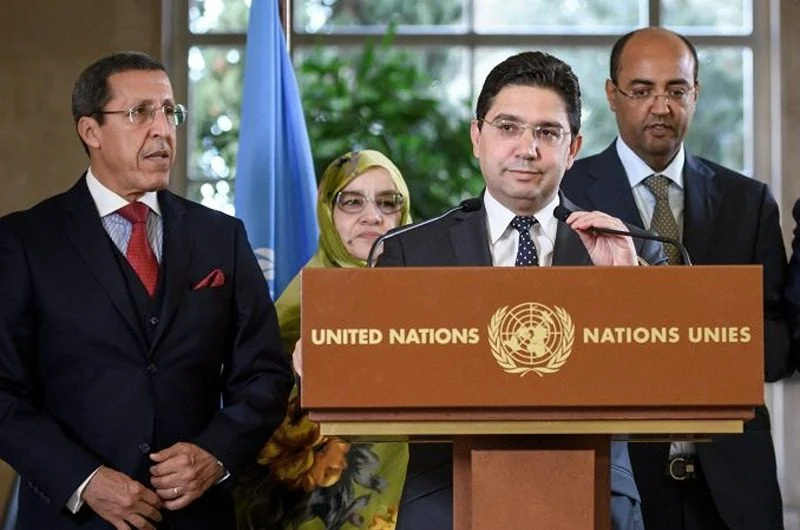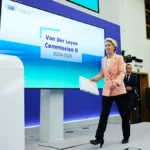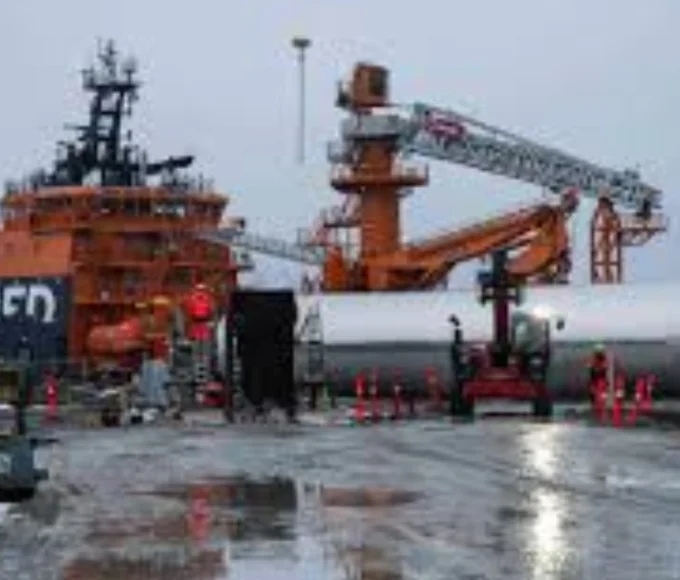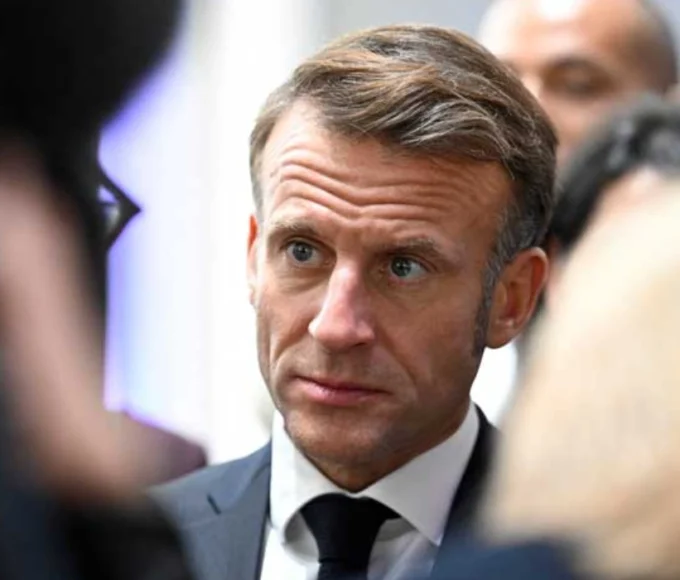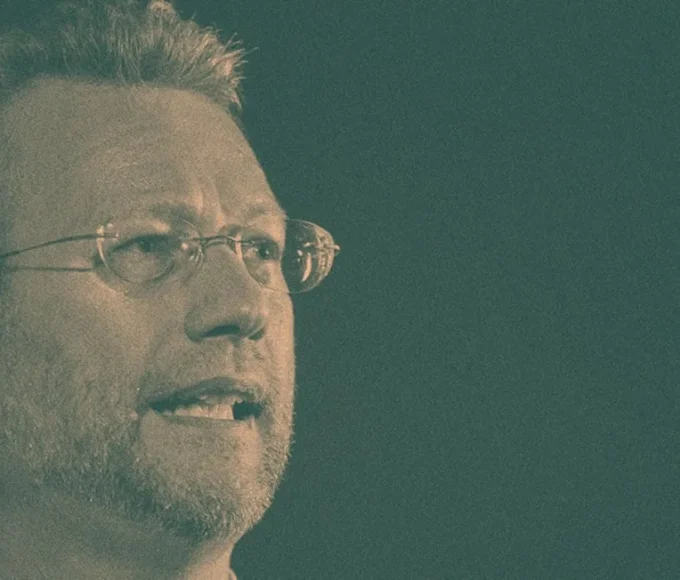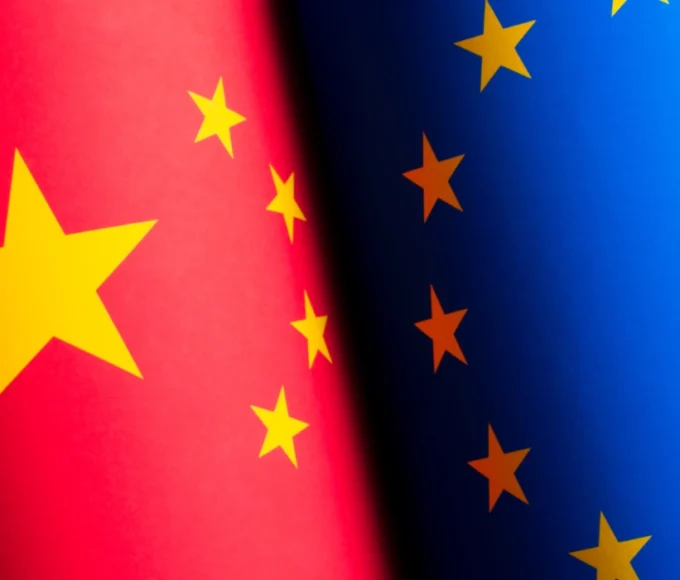Favorable winds continue to blow for Morocco regarding its stance on the Western Sahara issue, following a recent United Nations meeting. The session upheld the political solution proposed by Morocco as the primary framework for resolving the long-standing dispute, while applying pressure on Algeria to participate in UN-led roundtable discussions. Morocco’s positive engagement with UN bodies on human rights issues was also praised, weakening anti-Moroccan narratives.
However, the momentum was briefly disrupted in media circles by an unofficial suggestion from UN Special Envoy Staffan de Mistura to divide the Western Sahara between Morocco and the Polisario Front. This outdated idea, originally supported by Algeria, has been repeatedly rejected by Morocco, which firmly believes that sovereignty cannot be compromised, especially after its growing international diplomatic victories.
Morocco now faces two major diplomatic challenges to finalize its success. First, it aims to secure a unified stance from the 27 EU countries on recognizing Morocco’s sovereignty over Western Sahara. Recent statements from key European nations like France, Spain, and Germany, and the emphasis placed on EU-Morocco partnerships following a controversial European Court ruling, suggest this goal is achievable.
The second challenge lies in Africa, where Morocco seeks to convince the African Union to expel the Sahrawi Arab Democratic Republic (SADR), a structure with no legal standing, long embedded in the AU through Algerian financial influence. Morocco’s diplomatic strategy aims to secure bold decisions, such as the EU recognizing Moroccan sovereignty over Western Sahara and the AU expelling the SADR. Success on both fronts could end the regional conflict and open the door to new political, diplomatic, and economic opportunities for the Maghreb region.
This article is originally published on fr.hespress.com


